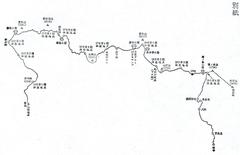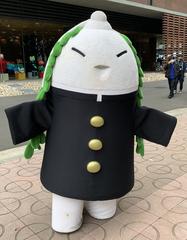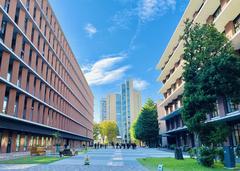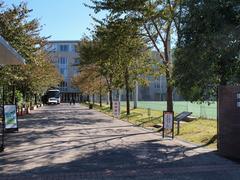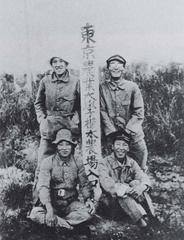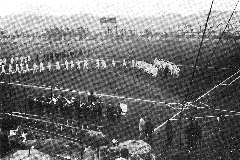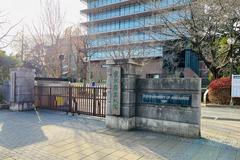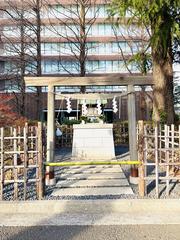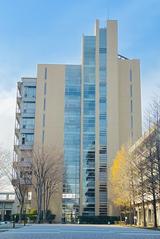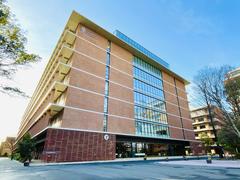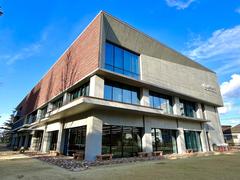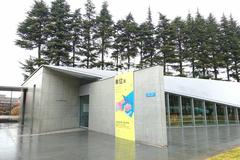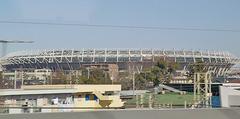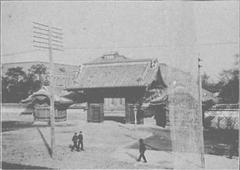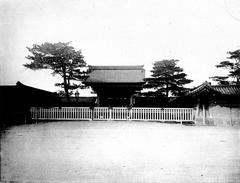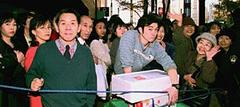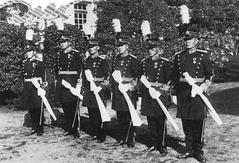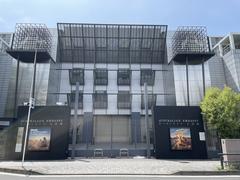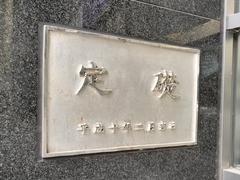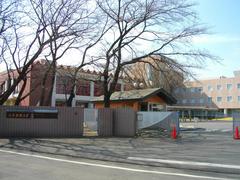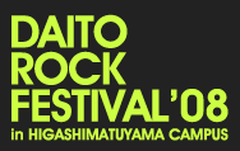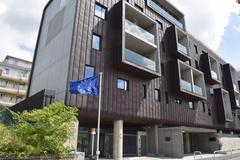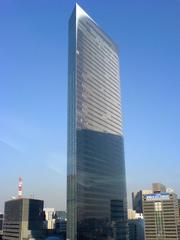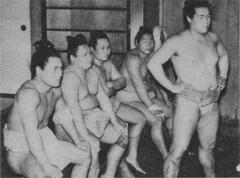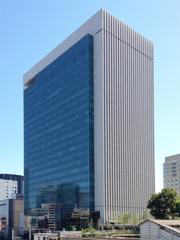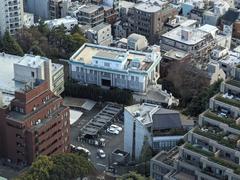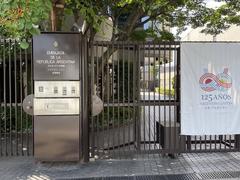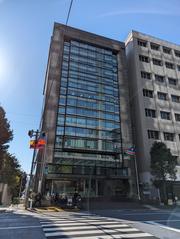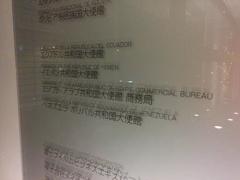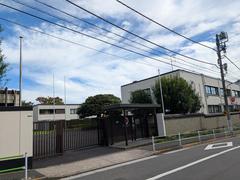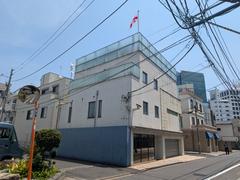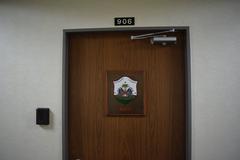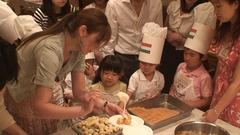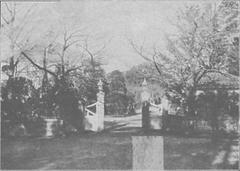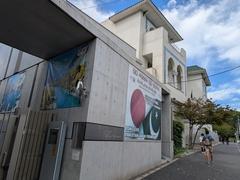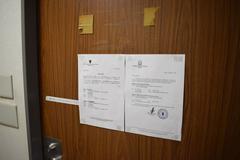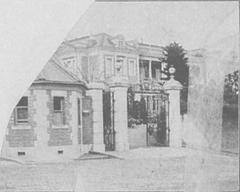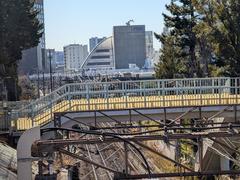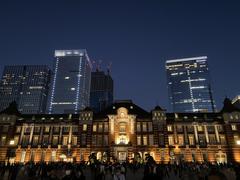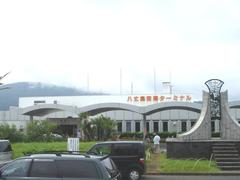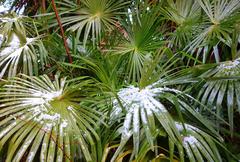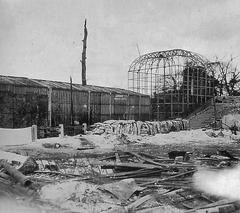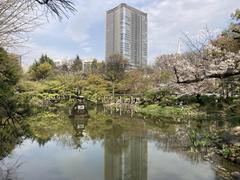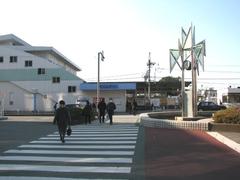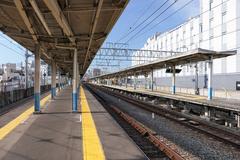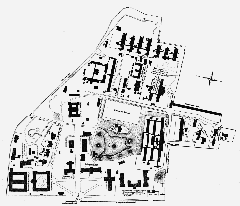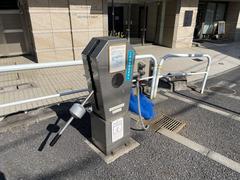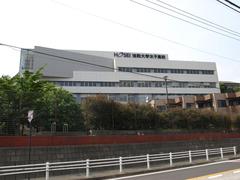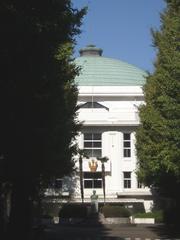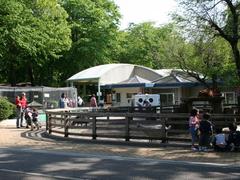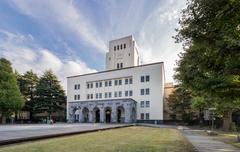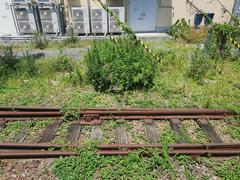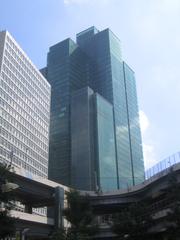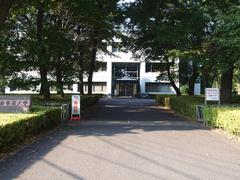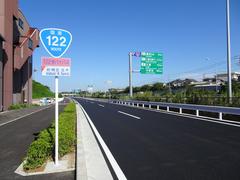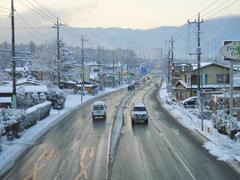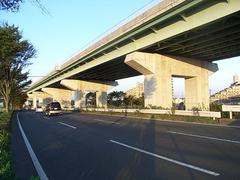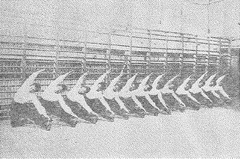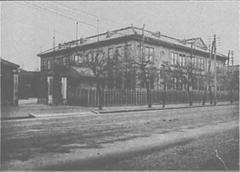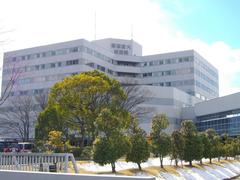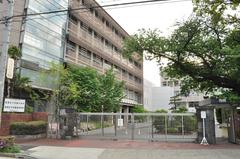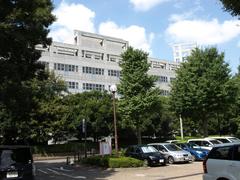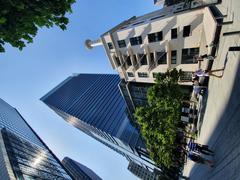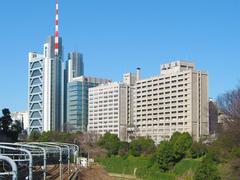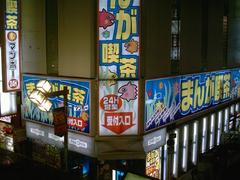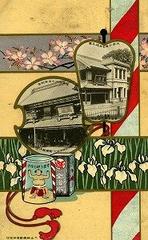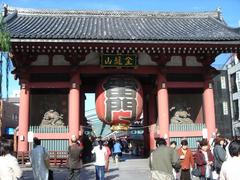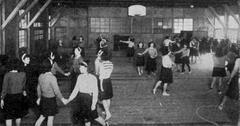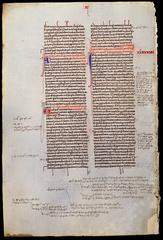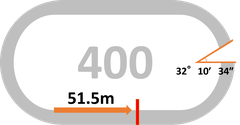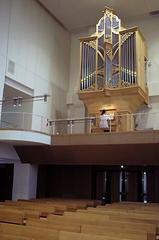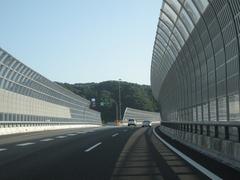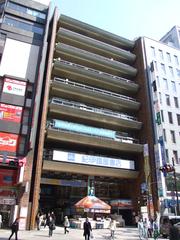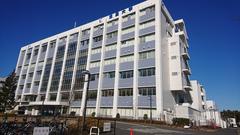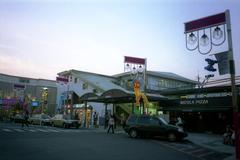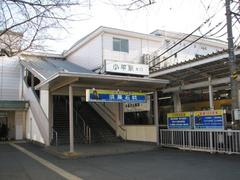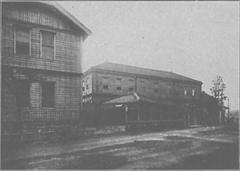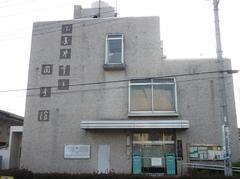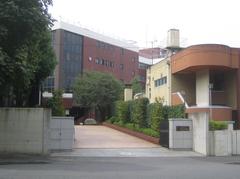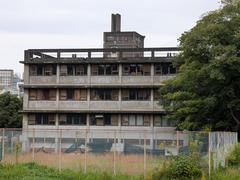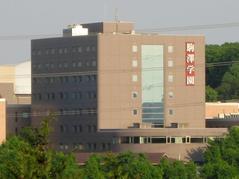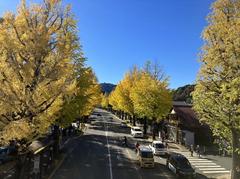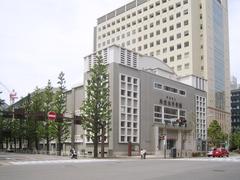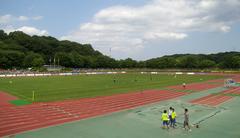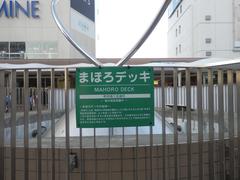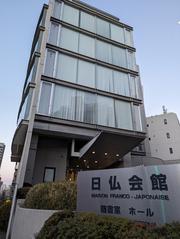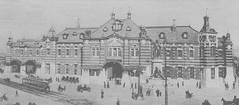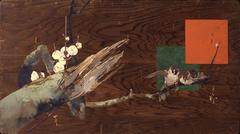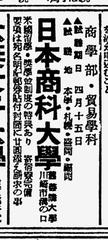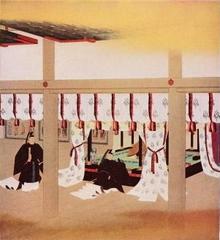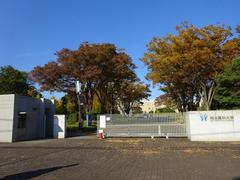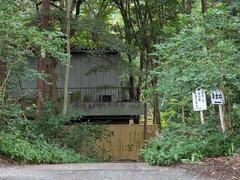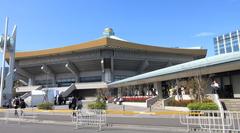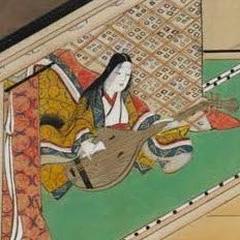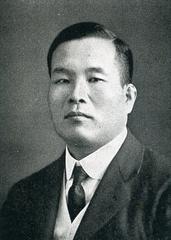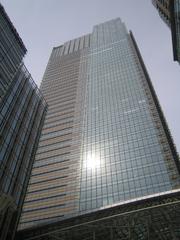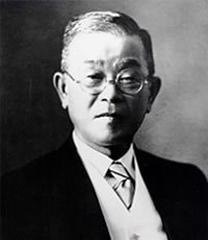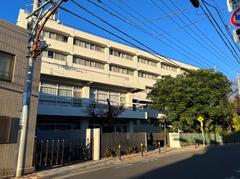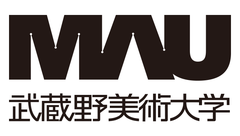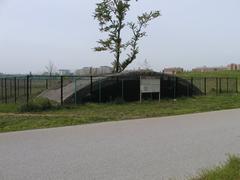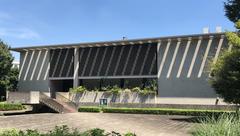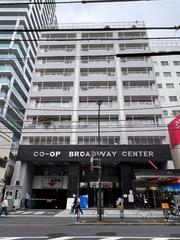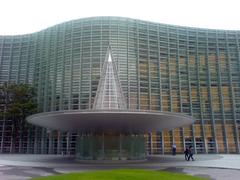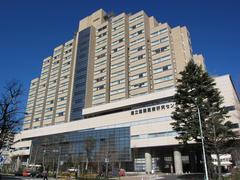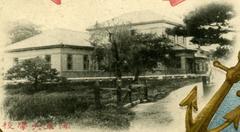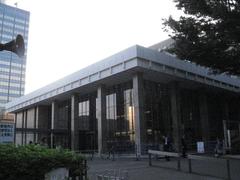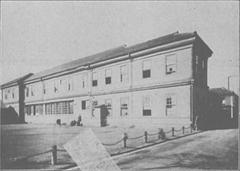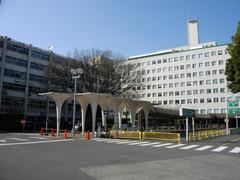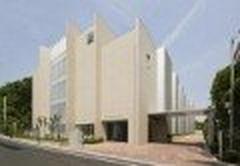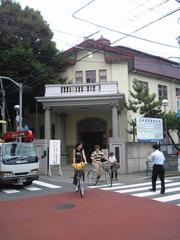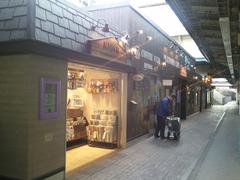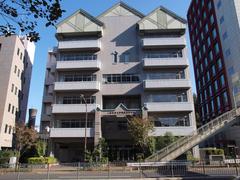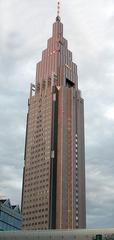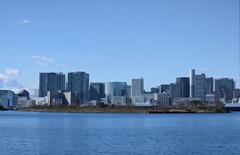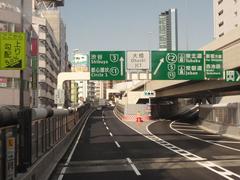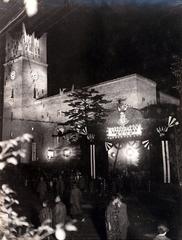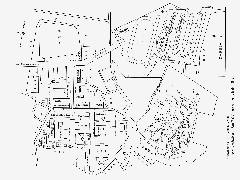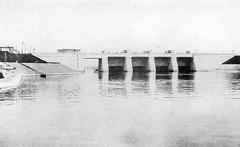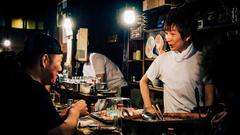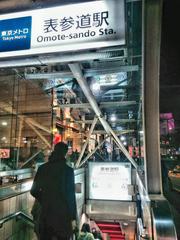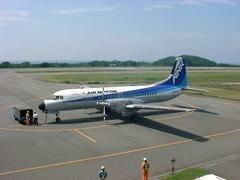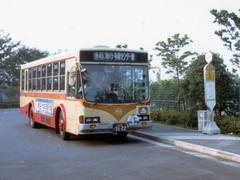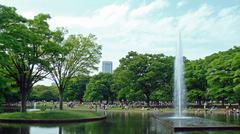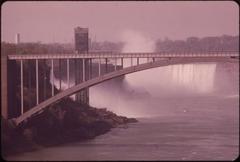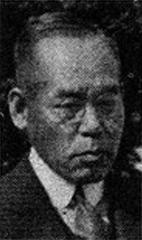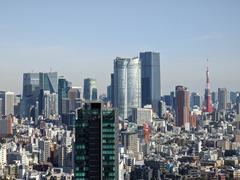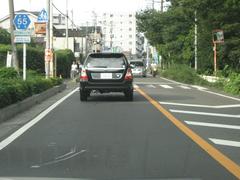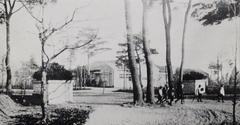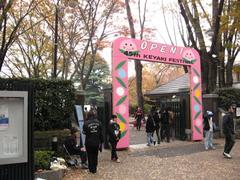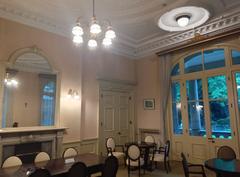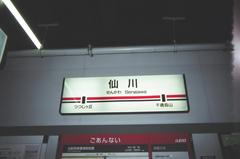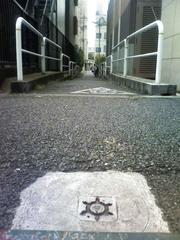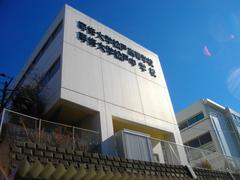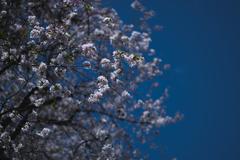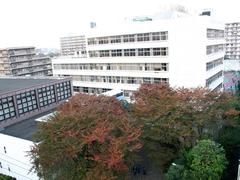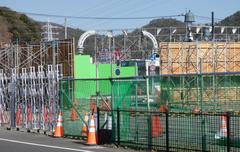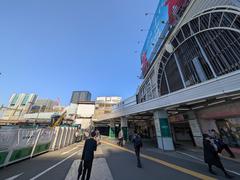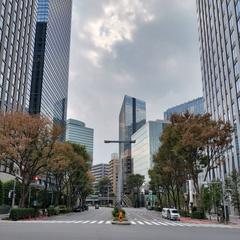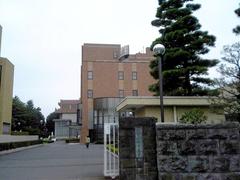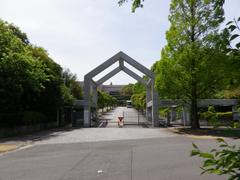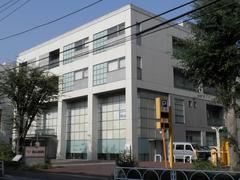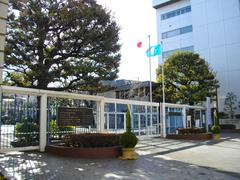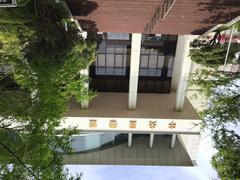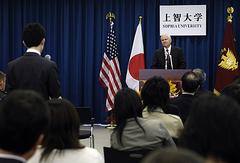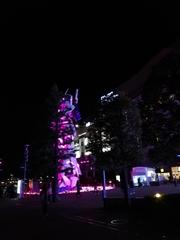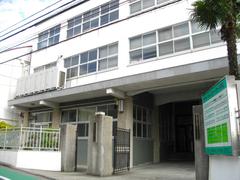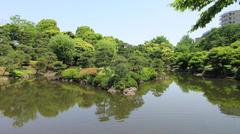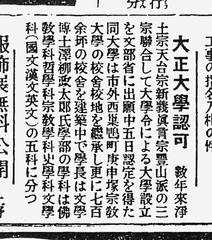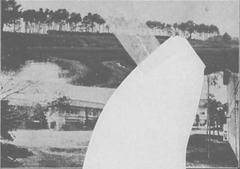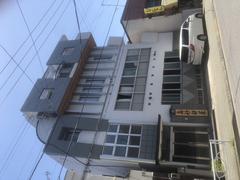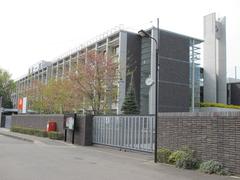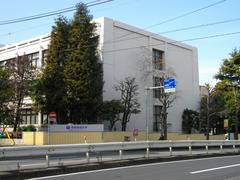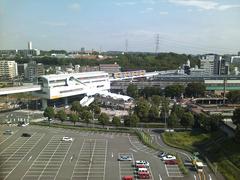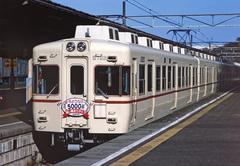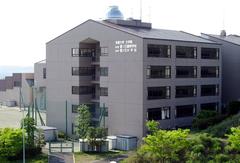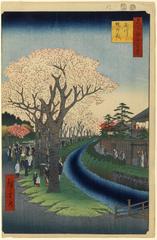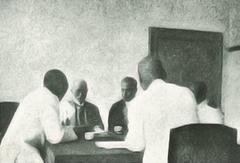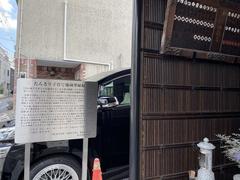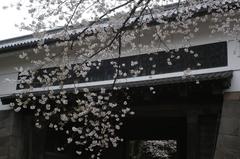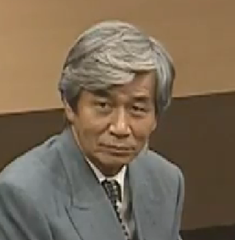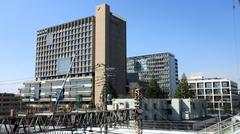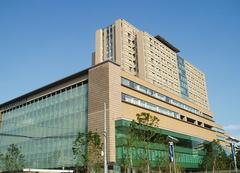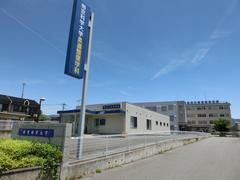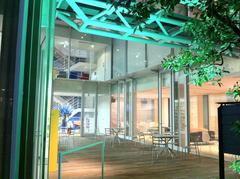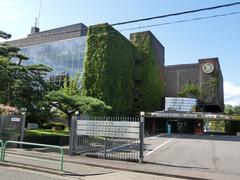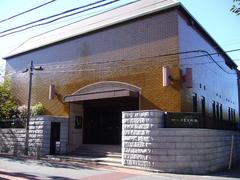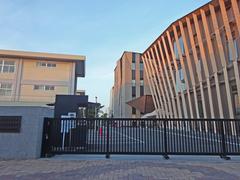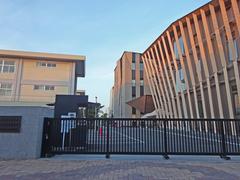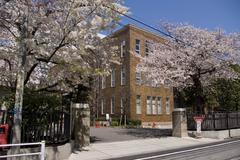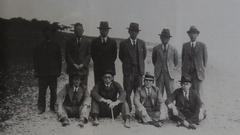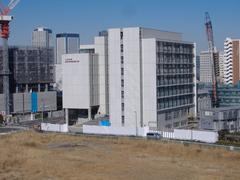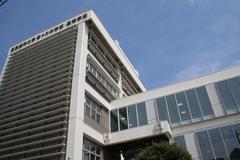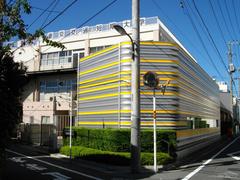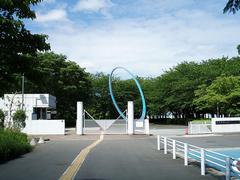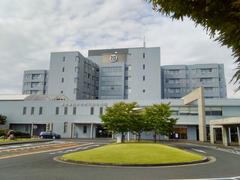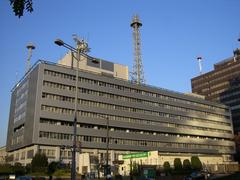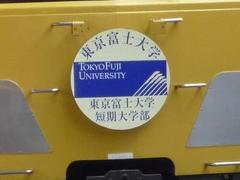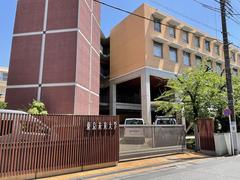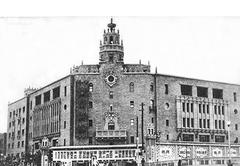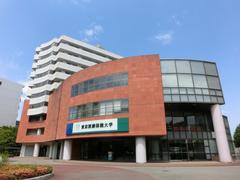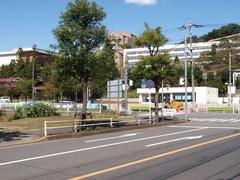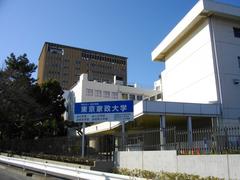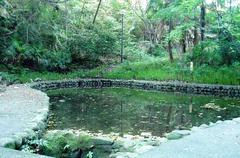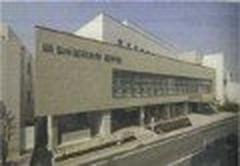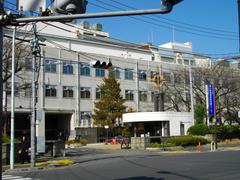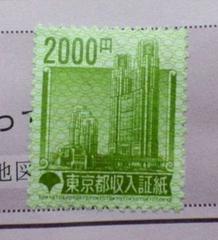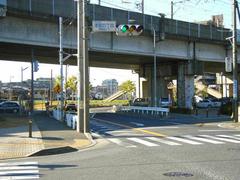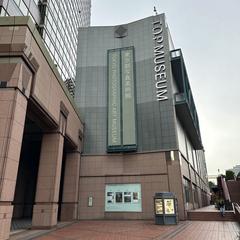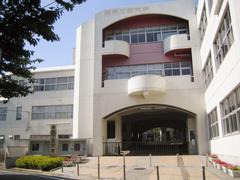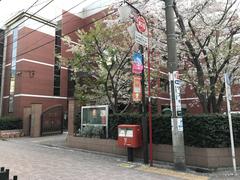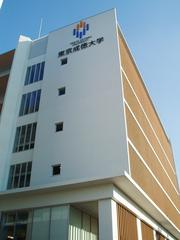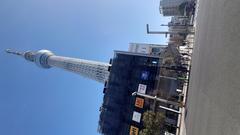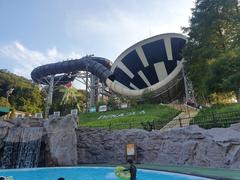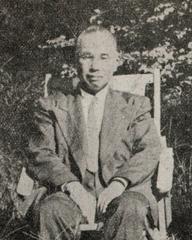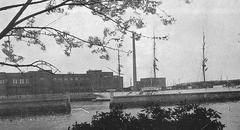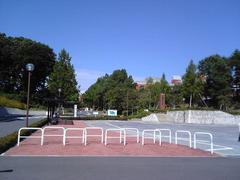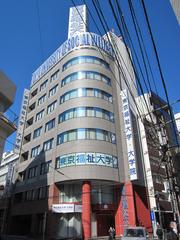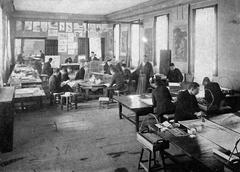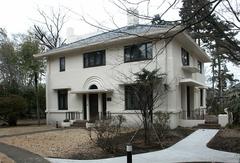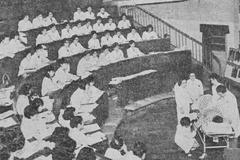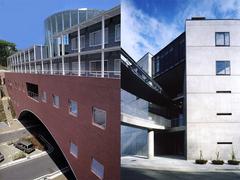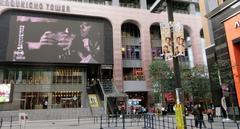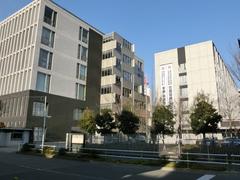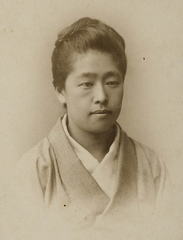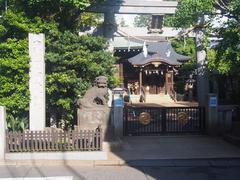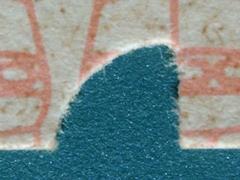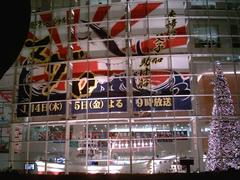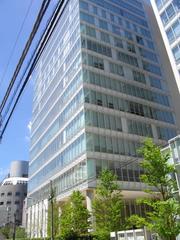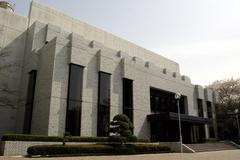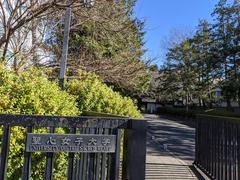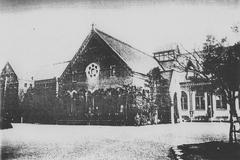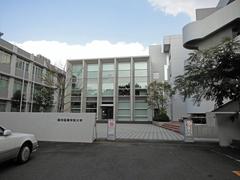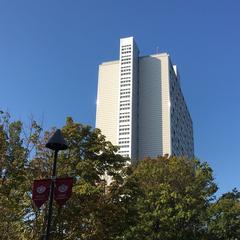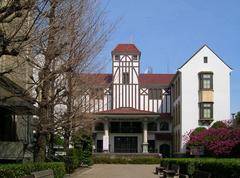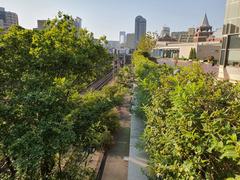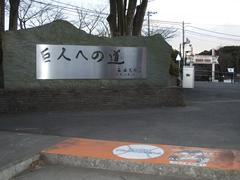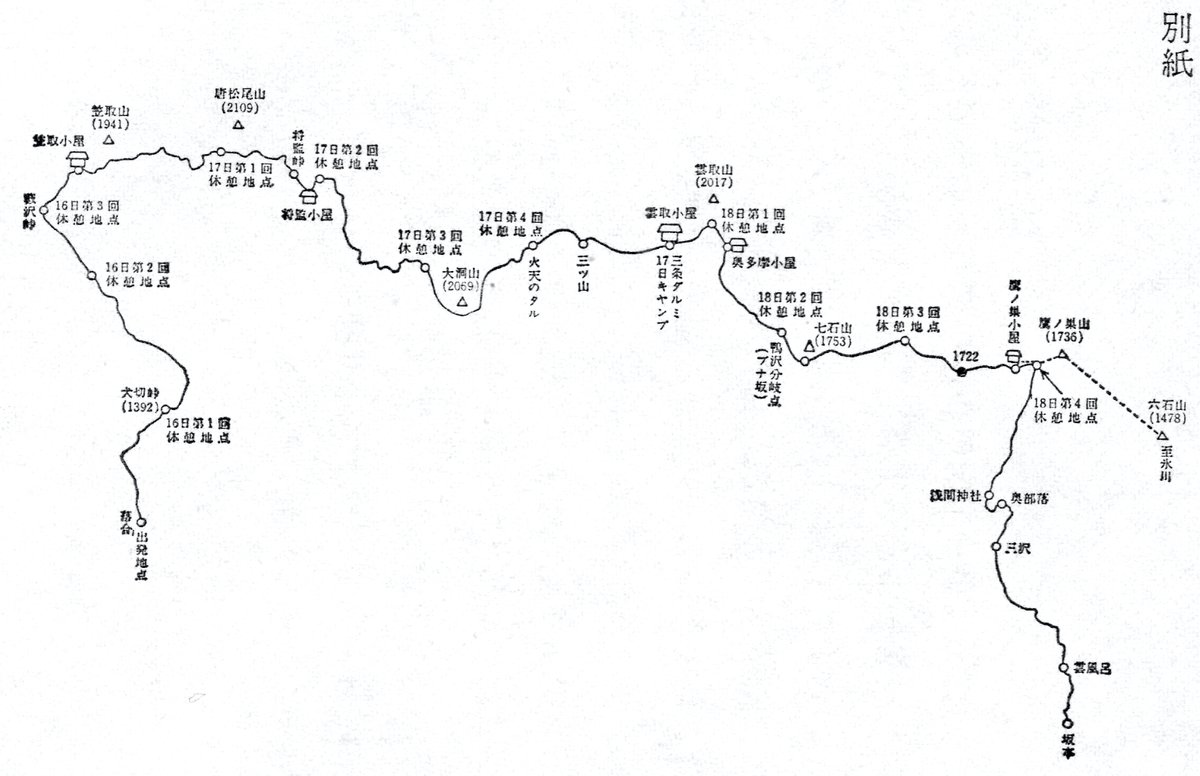
Tokyo University of Agriculture Visiting Guide: Hours, Tickets, and Nearby Attractions
Date: 14/06/2025
Introduction
Tokyo University of Agriculture—known as Tokyo NODAI—holds a distinguished place as Japan’s pioneering private agricultural university, established in 1891 during the Meiji era. Upholding the principle of “returning students to the farm,” Tokyo NODAI artfully blends Japan’s agricultural heritage with cutting-edge scientific research. With campuses in Setagaya (Tokyo), Atsugi (Kanagawa), and Okhotsk (Hokkaido), it welcomes visitors interested in immersive agricultural, scientific, and cultural experiences.
This guide provides comprehensive information on visiting hours, ticketing, campus highlights, travel tips, and nearby attractions such as the Setagaya Art Museum and Gotokuji Temple. Whether you are a student, researcher, family, or cultural traveler, Tokyo NODAI promises an educational and memorable visit. For the latest updates, visitors are encouraged to consult the official university website (Tokyo University of Agriculture), as well as the Tokyo Tourism Official Site.
Table of Contents
- Brief History of Tokyo NODAI
- Campus Layout and Locations
- Key Facilities and Visitor Highlights
- Visitor Information: Hours, Tickets, and Access
- Visitor Etiquette and Tips
- Nearby Attractions
- Multimedia and Virtual Resources
- Frequently Asked Questions (FAQs)
- Useful Links and References
- Conclusion and Call to Action
Brief History of Tokyo NODAI
Founded in the transformative Meiji era, Tokyo University of Agriculture originated as a specialized school for practical agricultural education, deeply rooted in Japanese rural tradition. Over the years, it evolved into a comprehensive institution comprising three campuses, each with distinct academic and research specializations. The university’s enduring mission is to foster innovation in food production, environmental science, and sustainable agriculture, while preserving Japan’s agricultural legacy.
Campus Layout and Locations
Tokyo NODAI operates three principal campuses, each offering unique learning and visitor experiences:
Setagaya Campus (Tokyo)
The main campus in Setagaya, Tokyo, is the most accessible and houses the majority of faculties, administrative offices, and visitor attractions. It features a blend of modern academic buildings and lush green spaces.
Atsugi Campus (Kanagawa)
Home to the Faculty of Agriculture, the Atsugi campus is renowned for its extensive research farms and the expansive Tokyo University of Agriculture Botanical Garden, open to the public.
Okhotsk Campus (Hokkaido)
Located in Abashiri, Hokkaido, this campus specializes in cold-region agriculture and bio-industry research. It is less accessible for casual visitors but plays a significant role in the university’s research efforts.
Key Facilities and Visitor Highlights
Food and Agriculture Museum (Setagaya Campus)
A highlight for visitors, the Food and Agriculture Museum offers free admission and is generally open Tuesday through Sunday, 10:00–16:00 (closed Mondays and university holidays; always check the museum website for current hours). The museum, designed by architect Kengo Kuma, features:
- Exhibits on agricultural biodiversity, including taxidermied animals.
- A significant collection of historic sake flasks.
- A reconstructed traditional Japanese farmhouse.
- A greenhouse with rare tropical and subtropical plants.
- Seasonal hands-on programs like rice planting and mochi pounding.
- The Petit Radish Café, serving fresh produce and local snacks.
Tokyo University of Agriculture Botanical Garden (Atsugi Campus)
Open to the public for free, the Botanical Garden is available daily from 10:00 to 16:00 (closed on certain holidays). With approximately 1,500 species, it showcases cacti, succulents, medicinal herbs, and rare native plants. Guided tours and workshops are regularly scheduled—check the official website for details.
Research Farms and Training Facilities
While most research farms are not open for regular visits, special events offer opportunities for hands-on agricultural experiences. Track Tokyo NODAI’s events page for announcements.
Visitor Information: Hours, Tickets, and Access
Visiting Hours
- Setagaya Campus: Monday–Friday, 9:00–17:00 (general access for visitors)
- Food and Agriculture Museum: Tuesday–Sunday, 10:00–16:00 (closed Mondays/university holidays)
- Botanical Garden (Atsugi): Daily, 10:00–16:00 (closed on select holidays)
- Atsugi and Okhotsk Campuses: Visits by appointment—contact the visitor office in advance
Admission and Tickets
- General access to campus grounds, the museum, and the botanical garden is free.
- Guided tours are available for groups and educational visits; reserve at least two weeks ahead via the official website.
Accessibility
- The Setagaya campus and visitor facilities are wheelchair accessible.
- Assistance for visitors with mobility challenges can be arranged upon request.
- Main visitor areas offer English signage and maps.
Getting There
- Setagaya Campus: 10–15 minutes’ walk from Chitose-Funabashi Station (Odakyu Line) or Sangen-jaya Station (Tokyu Den-en-toshi Line).
- Atsugi Campus: Accessible by bus or car from Atsugi Station.
- Okhotsk Campus: Located in Abashiri, Hokkaido, reachable by regional train and bus.
Visitor Etiquette and Tips
- Respect restricted academic and research spaces.
- Wear comfortable shoes for exploring outdoor farms and gardens.
- Photography is permitted in most public areas; follow posted guidelines.
- Enjoy local produce and refreshments at the Petit Radish Café and campus cafeterias.
- Public transport is recommended due to limited parking at the Setagaya campus.
Nearby Attractions
Enhance your visit to Tokyo NODAI with these nearby destinations:
- Setagaya Art Museum: Showcasing contemporary Japanese art, just a short walk from the Setagaya campus (Setagaya Art Museum).
- Gotokuji Temple: Famous as the origin of the Maneki-neko (beckoning cat).
- Komazawa Olympic Park: A spacious area for outdoor activities and relaxation.
Setagaya’s residential charm, local parks, and shopping streets also offer cultural enrichment.
Multimedia and Virtual Resources
Explore Tokyo NODAI virtually through online photo galleries, maps, and virtual tours on the official university website. Highlights include:
- Food and Agriculture Museum exterior (alt: “Food and Agriculture Museum at Tokyo University of Agriculture Setagaya Campus”)
- Botanical Garden plants (alt: “Diverse plant species at Tokyo University of Agriculture Botanical Garden, Atsugi Campus”)
Alt tags for images enhance accessibility and search engine optimization.
Frequently Asked Questions (FAQs)
Q: Can I visit all three campuses?
A: General public access is primarily to the Setagaya campus. Visits to Atsugi and Okhotsk require prior arrangement.
Q: Are there guided tours?
A: Yes, group tours can be booked online. The Food and Agriculture Museum also offers guided tours on Tuesday and Thursday afternoons by reservation.
Q: Is Tokyo NODAI suitable for family visits?
A: Absolutely, especially during open campus days and special events.
Q: Is there parking available?
A: Limited parking is available at the Setagaya campus; public transportation is recommended.
Q: Are there special events for visitors?
A: Yes, seasonal festivals, workshops, and open campus days are held regularly. Check the university’s events calendar for schedules.
Useful Links and References
- Tokyo University of Agriculture
- Tokyo University of Agriculture – English site
- Tokyo Tourism Official Site
- Setagaya Art Museum
- Food and Agriculture Museum info
- Botanical Garden details
Conclusion and Call to Action
A visit to Tokyo University of Agriculture offers an exceptional window into the intersection of Japanese tradition and modern scientific advancement. The university’s accessible campuses, free-admission museums and gardens, and robust calendar of events create a dynamic environment for learning and exploration. Pair your visit with local attractions like the Setagaya Art Museum and Gotokuji Temple for a rich, well-rounded Tokyo experience.
To plan your visit, consult the official Tokyo University of Agriculture website for current information. Download the Audiala app for guided tours, real-time updates, and exclusive content. For broader Tokyo travel planning, refer to the Tokyo Tourism Official Site.
Embark on a journey through Japan’s agricultural innovation and heritage with Tokyo NODAI—where tradition meets innovation.
Sources
- This is a sample text. (Tokyo University of Agriculture)
- This is a sample text. (Tokyo University of Agriculture – English site)
- This is a sample text. (Tokyo Tourism Official Site)
- This is a sample text. (Setagaya Art Museum)
- This is a sample text. (Food and Agriculture Museum info)
- This is a sample text. (Botanical Garden details)
